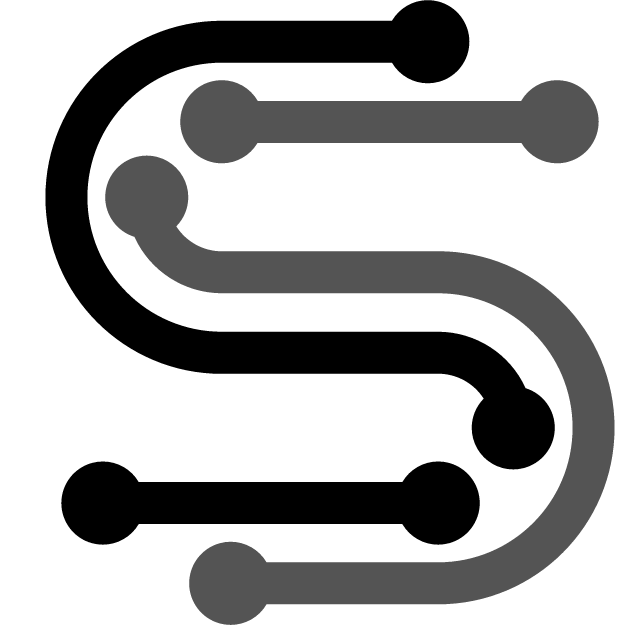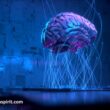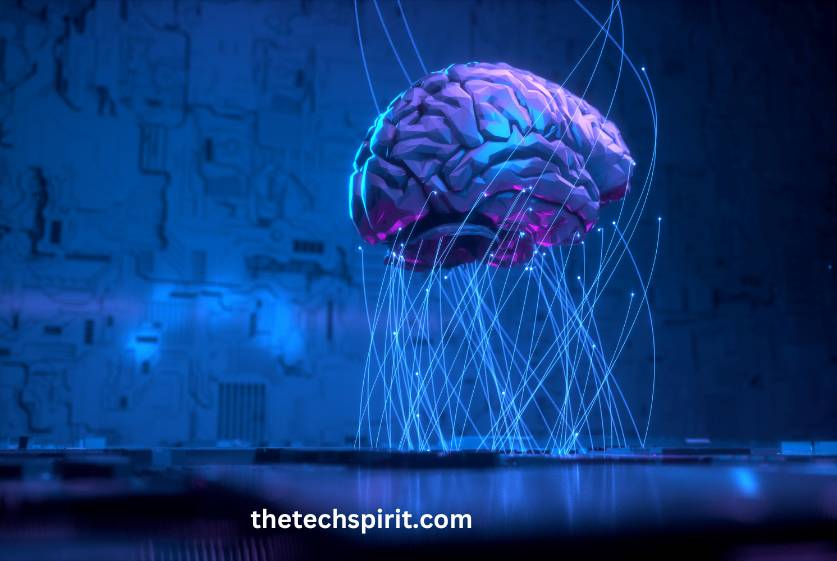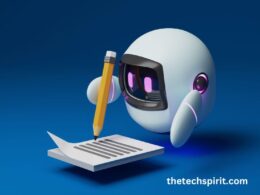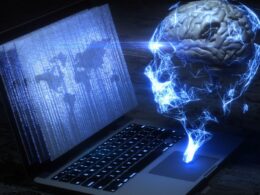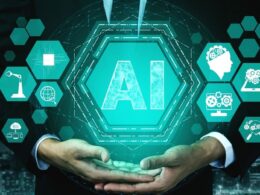The field of software testing is reaching an inflection point. While manual testing still plays a critical role in quality assurance (QA), artificial intelligence (AI) is fundamentally changing how software testing is performed. As AI capabilities in test automation, analytics, and planning continue to evolve, many experts predict AI-driven software testing will become the norm within the next decade.
In this article, I am sharing my experience about the promise and current applications of Artificial Intelligence in software testing, along with the unique challenges of implementing AI testing systems. I will conclude by exploring how AI may reshape software testing in the future.
Table of Contents
The Promise of Artificial Intelligence in Software Testing
AI has the potential to revolutionize software testing in multiple ways:
Automating Repetitive Tasks
One of the most tedious aspects of software testing is executing rote, repetitive test cases. AI promises to automate these monotonous tasks, freeing up human testers to focus on complex test planning and analysis.
Expediting Test Case Generation
Writing test cases can be extremely time-consuming for human testers. AI techniques like machine learning can rapidly generate relevant test cases for a given software application. This expedites test coverage and reduces redundancy.
Enabling Test Optimization
As AI analyzes test results, it can dynamically determine optimal testing priorities and resource allocation. This empowers testers to focus their efforts where they matter most.
Current Applications of AI in Testing
While still emerging, AI software testing is crossing over from research into real-world production:
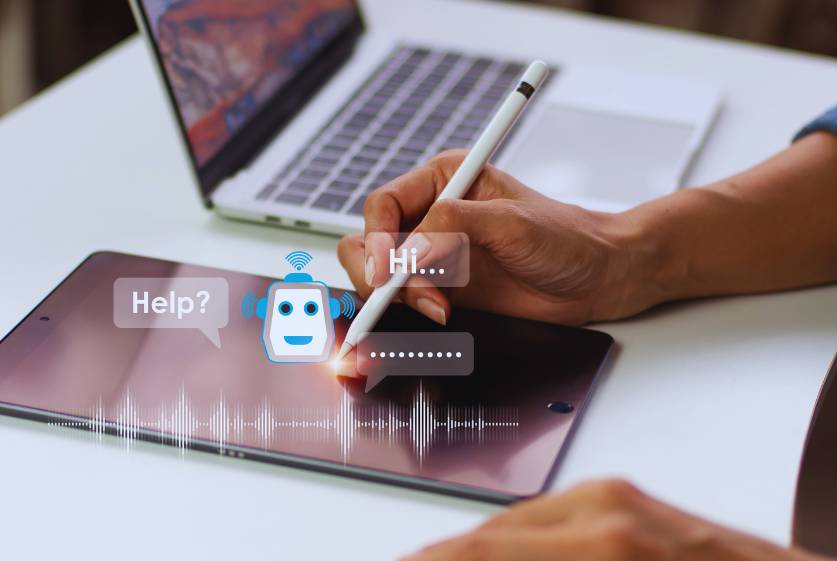
Automated Unit Testing
AI testing tools can automatically generate unit test cases using decision trees, reducing the need for human input. AI also enables dynamic unit test prioritization based on code changes.
Automated UI Testing
Automated UI testing with computer vision and machine learning allows AI systems to validate complex application frontends without scripting. AI tools can self-adapt to UI changes.
Crowd testing with AI Assistance
AI algorithms can optimize crowdsourced testing by automatically distributing test cases to human testers based on skills, devices, and past performance. This amplifies the benefits of human intelligence.
Challenges of Implementing AI in Testing
While promising, AI adoption faces barriers, including:

High Upfront Costs
The significant upfront investment required for AI testing tools and infrastructure deters some organizations. Incrementally proving value is key to overcoming budget concerns.
Lack of Skilled Professionals
There is a shortage of testing experts who understand both software QA processes and AI techniques. Organizations may need to provide ample AI/ML training.
Difficulty Integrating with Existing Systems
Seamlessly integrating AI testing tools with legacy systems and existing QA workflows presents engineering challenges that should not be underestimated.
The Future of AI in Software Testing
As AI capabilities grow while costs drop, we foresee even more transformative impacts:
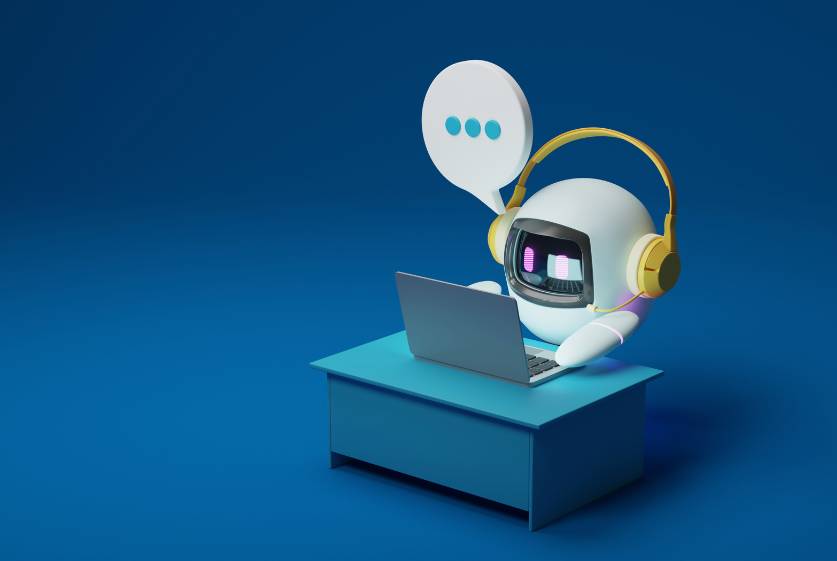
Smarter Test Case Prioritization
By analyzing historical effectiveness data, code complexity metrics, and past defects, AI will optimize dynamic test case prioritization for maximum coverage and bug detection.
Advanced Test Coverage Analytics
AI-driven analytics will provide unprecedented visibility into test coverage, allowing proactive identification of coverage gaps based on code changes and user behavior data.
Comprehensive Regression Testing
AI automation will enable lightning-fast regression testing across massive test corpora, including robust smoke tests after each code change to pinpoint unintended bugs early.
Conclusion
AI promises to both augment existing software testing approaches and enable entirely new paradigms. While challenges exist, the machine learning revolution makes this the perfect time for test organizations to incrementally explore and adopt AI capabilities. With the proper strategy, AI testing tools can deliver smarter, faster, and more comprehensive QA.
FAQs
Q: How is AI used in test case generation?
A: AI techniques like machine learning can analyze code complexity metrics, risk profiles, and past defects to rapidly generate optimized test cases that maximize coverage.
Q: Can AI fully replace manual software testing?
A: While AI test automation is powerful, human judgment and intuition remain critical. The best approach is AI augmenting skilled testers, not fully replacing them.
Q: What skills are required to implement AI testing tools?
A: A strong background in software QA processes is necessary, along with training in AI, machine learning, and data science concepts. Bridging between software and AI skills is key.
Q: How can organizations implement AI testing incrementally?
A: Start with quick AI pilot projects in unit testing or UI testing to demonstrate value. Then scale incrementally, integrating AI tools with existing systems. Moving step-by-step allows for adjusting to challenges.
Q: What are the risks of relying too heavily on AI testing?
A: AI testing should complement rather than replace human testing creativity and intuition. Over-reliance on AI can cause unexpected gaps in test coverage and failures to detect critical defects. The best approach is balanced.
